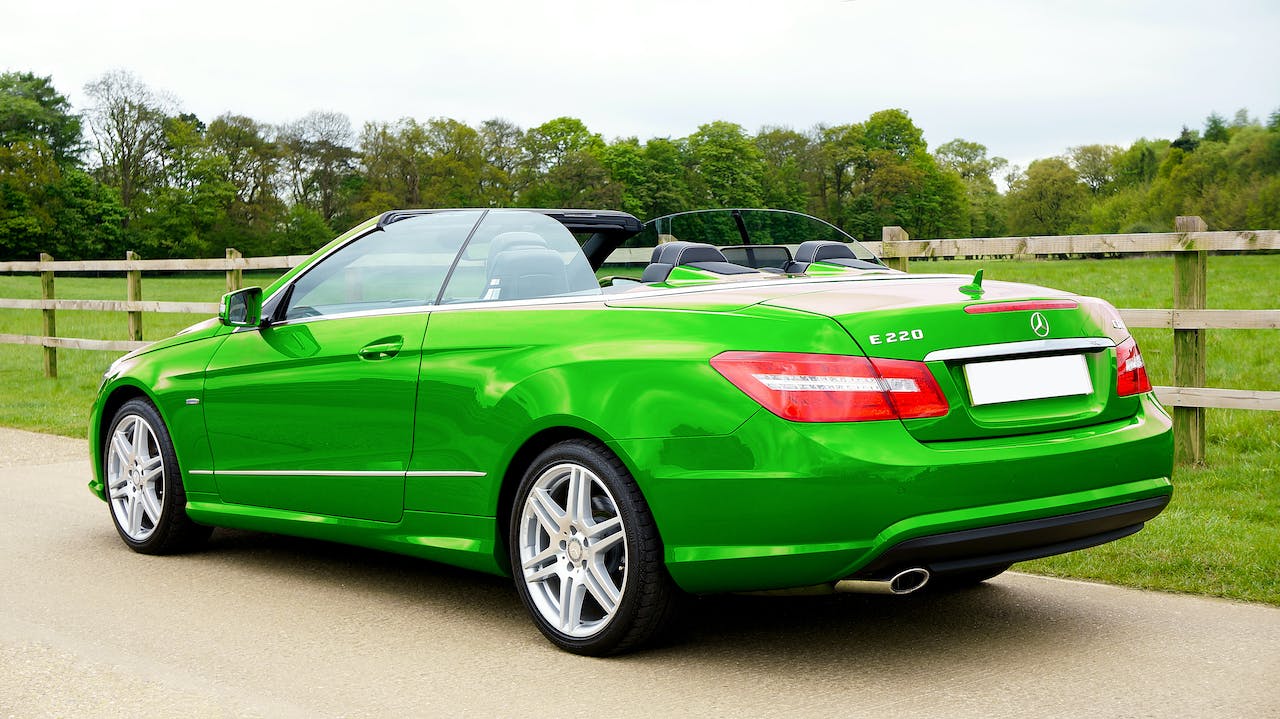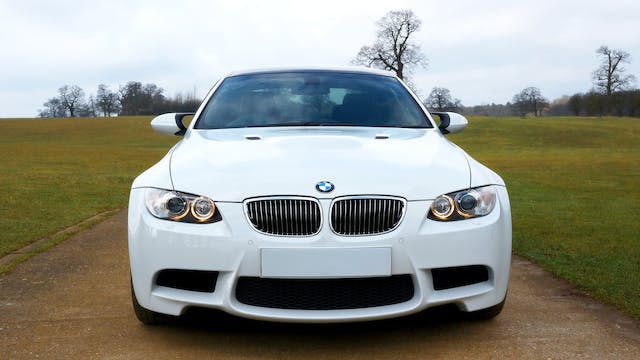Comments
- No comments found

German car culture is a complex blend of history, creativity, and unwavering enthusiasm for autos.
Germany's automotive sector is renowned for generating some of the world's most recognizable brands, including BMW, Mercedes-Benz, Audi, and Volkswagen, demonstrating the country's engineering expertise and cultural commitment to the automobile. This culture extends beyond production to include how vehicles are perceived, used, and celebrated in German society.

One must acknowledge the country's role in automotive innovation to talk about German car culture. Germany has been at the forefront of automotive technology, pioneering advancements in performance, safety, and recently, sustainability. Companies like BMW and Mercedes-Benz are not just manufacturers; they are innovators, constantly pushing the boundaries of what's possible in automotive engineering. For those interested in participating in the exciting world of car auctions, choosing a salvage bid is an opportunity to explore a wide range of vehicles, including these German marvels.
The German Autobahn system, with its parts of unfettered speed limits, represents the country's love affair with high-performance vehicles. This world-famous highway network exemplifies the German driving style: efficient, rapid, and with a strong appreciation for engineering perfection. The Autobahn is more than just a road; it is a stage where German automobiles demonstrate their superior engineering and speed.
The obsession with the Autobahn extends beyond plain functioning; it is a cultural phenomenon that determines the identity of German cars. The high-speed roads serve as a testing ground for German engineering's durability and performance, cultivating a distinct driving culture that values accuracy and control at high speeds. This atmosphere has also produced a generation of drivers who understand the intricacies of vehicle performance, emphasizing the symbiotic interaction between people, cars, and the road. In this high-speed crucible, the German philosophy of 'Fahrvergnügen', which translates to 'driving pleasure', truly comes to life, embodying the thrill and freedom felt behind the wheel of a superbly constructed German automobile.
German car culture is quite communal. Across the country, several vehicle clubs and events commemorate the long history and diversity of German automobiles. These clubs frequently arrange rallies, exhibits, and track days, giving enthusiasts a forum to discuss their interests. Events such as the Nürburgring 24 Hours race and the Frankfurt Motor Show are global draws, attracting visitors from all over the world to see the newest in German automotive innovation.
In addition to these high-profile events, the grassroots side of German automotive culture is also thriving. Local meets and informal gatherings are widespread, with enthusiasts of various ages and backgrounds congregating to admire, talk, and display their cars. These smaller, community-driven events are where the heart of German car culture beats the most strongly, instilling a sense of belonging and shared passion. In these environments, knowledge is passed along, tales are spoken, and ties between car owners are strengthened. This extensive community network is critical in preserving the legacy and excitement for German automobiles, offering a lively and welcoming atmosphere for both seasoned collectors and beginners to the automotive world.
Germany's automotive history is not limited to modern mechanical accomplishments; it also includes classic and vintage automobiles. Enthusiasts and collectors adore early twentieth-century models, with Porsche and Mercedes-Benz particularly popular. These antique vehicles are not just a throwback to the past, but also a celebration of the timeless design and craftsmanship that German automobiles are known for.
This appreciation for old and classic automobiles is heightened by countless restoration and preservation attempts. Throughout Germany, dedicated workshops and groups specialize in the meticulous repair of these ancient automobiles. These initiatives ensure that the tradition of German automotive excellence is recognized and experienced personally. Classic car rallies and historical events, which feature these beautifully restored vehicles, provide insight into the progression of automotive design and technology. These meetings showcase the seamless marriage of history and modernity, as classic German engineering is kept alive and running, echoing the unwavering pursuit of excellence that distinguishes German car culture.
Today, German automotive culture is at a crossroads, reconciling its traditional emphasis on performance with the global demand for sustainability. German automakers are at the forefront of creating electric and hybrid vehicles, guaranteeing that the future of German automobiles is as bright and influential as the past. This transition to eco-friendly technology marks a fundamental shift in German car culture, reflecting a broader cultural commitment to environmental responsibility.
This shift toward sustainability is also impacting the design and aesthetic standards of German automotive culture. Modern German vehicles are no longer simply about raw power and classic lines; instead, they incorporate cutting-edge technology and environmentally aware designs. This progression is evident in the sleek, aerodynamic lines and innovative materials utilized in subsequent models, indicating a shift in what is regarded as the pinnacle of automotive perfection. Furthermore, German automotive events and exhibits are increasingly highlighting this sustainable technology, providing glimpses of a future in which performance and environmental stewardship coexist. This new era of German car culture is rethinking the interaction between man, machine, and nature, ushering in a future in which driving pleasure and environmental consciousness coexist.

The automotive sector is a key component of the German economy. Volkswagen, BMW, and Mercedes-Benz are more than just automobile makers; they are global ambassadors for German engineering and quality. The success of these enterprises has a huge impact on the country's economy, highlighting the importance of the automotive sector in Germany.
Furthermore, the sector's impact goes beyond direct economic contributions; it is a vital driver of technological innovation and skilled employment in the country. The automotive sector has generated a massive network of suppliers, designers, engineers, and marketers, resulting in a thriving ecosystem that sustains millions of employment and promotes economic progress. It also contributes significantly to Germany's export economy, with a large proportion of German-made vehicles exported to other markets. This global presence not only benefits the national economy but also strengthens Germany's position as a leader in automotive engineering and manufacturing. The automobile sector has a multidimensional impact on the German economy, functioning as both a cornerstone of industrial strength and a beacon of innovation and excellence on a global scale.
German car culture is a remarkable blend of heritage, technological innovation, and community spirit. The automotive culture in Germany is wide and active, ranging from the Autobahn to the Nürburgring, historic car rallies to the latest electrified automobiles. As the world transitions to more sustainable methods, German automotive culture adapts, ensuring that the country's love affair with autos endures. For enthusiasts and automobile owners, German car culture provides a diverse, interesting, and ever-changing panorama of automotive perfection.
Leave your comments
Post comment as a guest